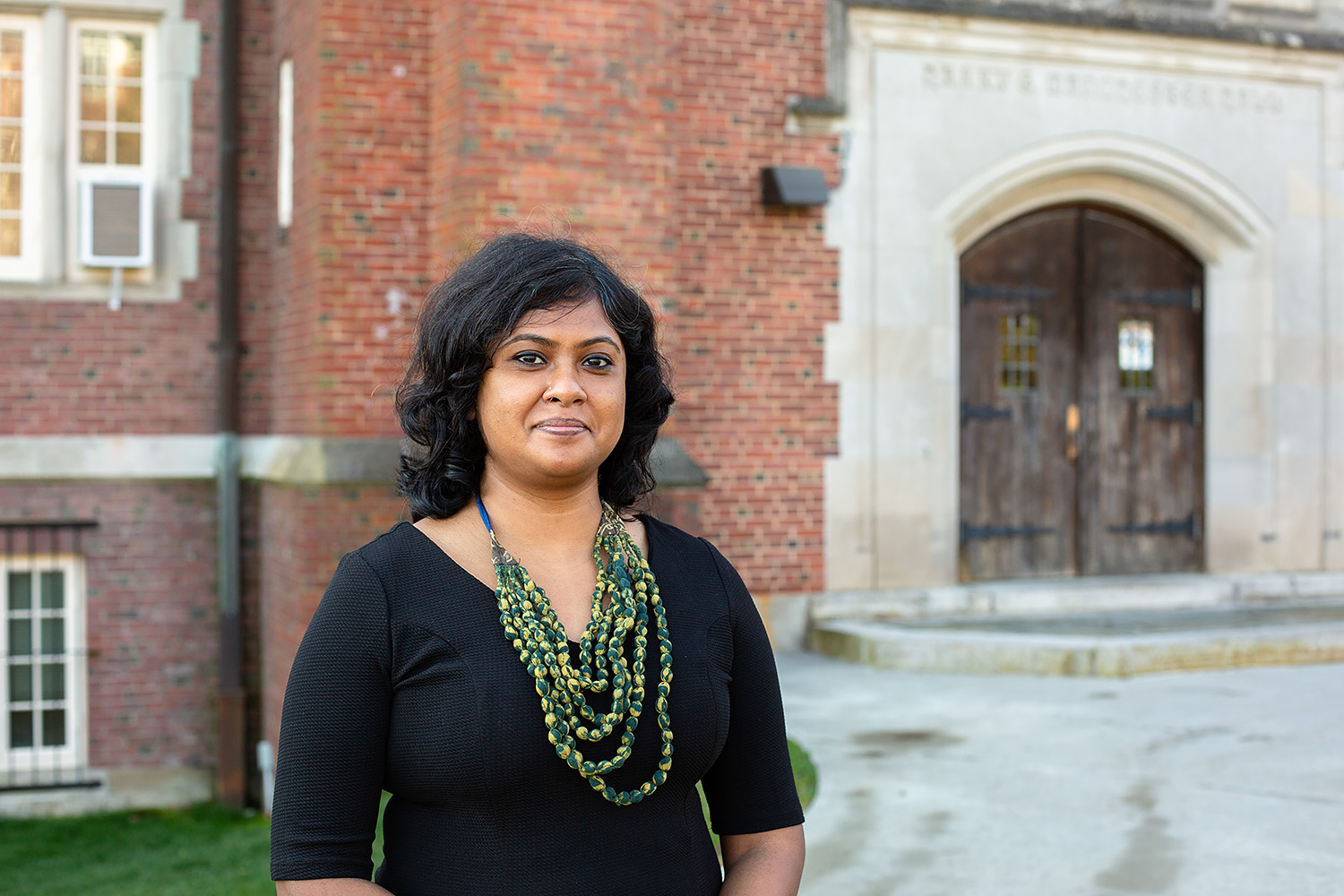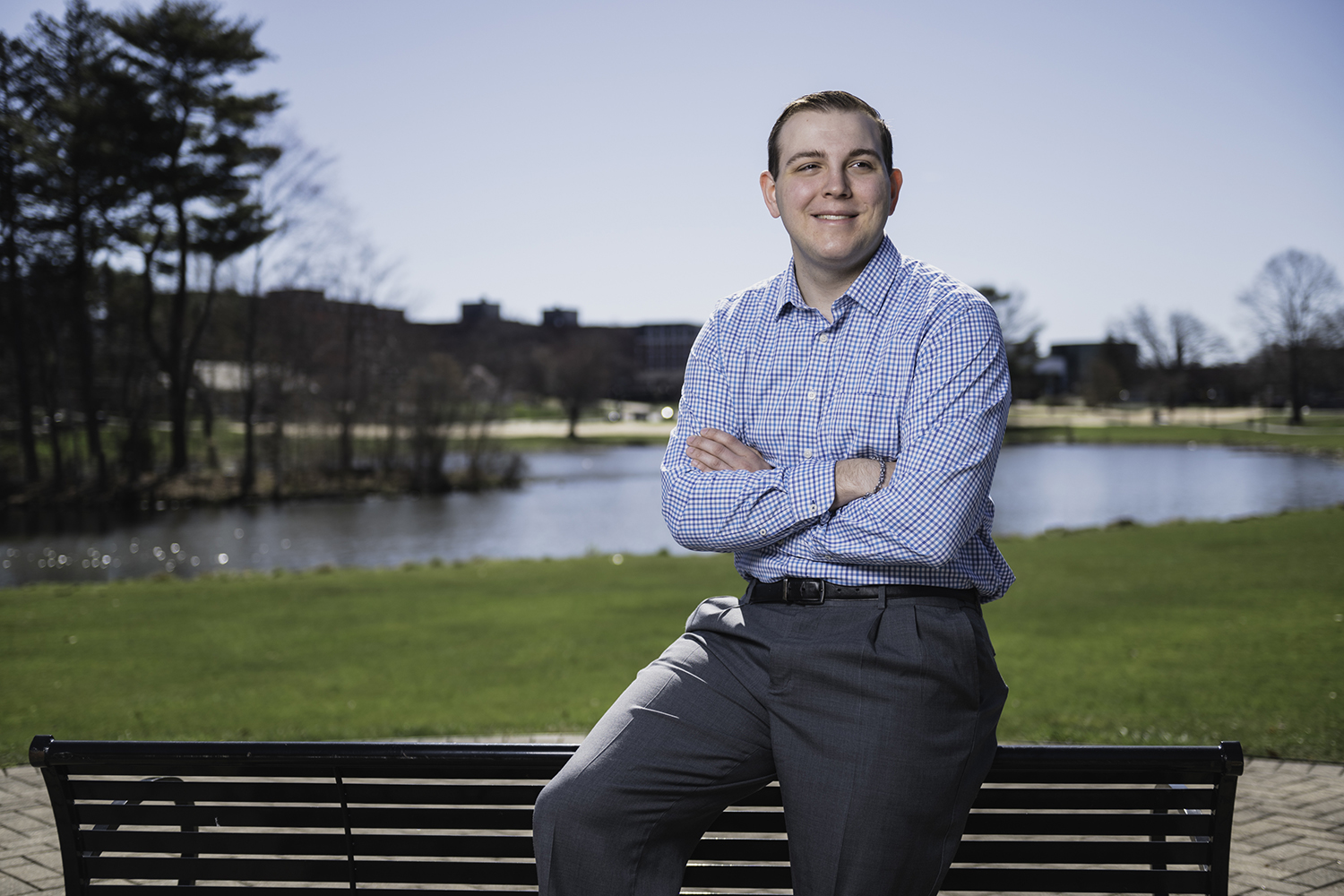There are an estimated 3.8 million working-age cancer survivors in the U.S. But just how well are these survivors transitioning back into the workforce after treatment?

UConn Health’s Alicia G. Dugan, Ph.D., assistant professor of medicine, is leading a new research study to garner a greater understanding about breast cancer survivors’ return to work to help improve their overall experience.
“Job retention and other work-related outcomes of cancer survivors have only been studied sparingly,” said Dugan. “This population may be falling between the cracks as available data suggests that 38 percent of cancer survivors do not successfully return to work.”
According to Dugan, cancer survivors returning to the workforce may experience competing demands from their work and their disease. Also, their condition may not only put them at risk for poorer health, but also reduced work outcomes.
Dugan believes that there may be key factors in the workplace that may be promoting or inhibiting a cancer survivor’s optimal return to work.
In her new study she plans to examine what kinds of organizational support employers could better provide to breast cancer survivors to influence their health and work outcomes. She will also investigate how cancer doctors can better address issues surrounding their patients’ return to work.
“I hope that this study will provide novel evidence that organizational support is an effective mechanism for enabling cancer survivors to better manage their jobs and their health as they re-enter the workplace after treatment,” says Dugan.
This October Dugan was awarded a $50,000 research grant to pursue her study by the Connecticut Breast Health Initiative, Inc. (CT BHI) at its annual awards dinner.
“The annual grant awards ceremony is what our mission is truly about,” said Joyce Bray, president of the CT BHI. “To provide funding for much-needed education and research in order to make a difference locally, in the fight against breast cancer.”
The non-profit CT BHI provides grants to support breast cancer education and research. To date the organization has awarded $3.4 million to fund projects in the state.



